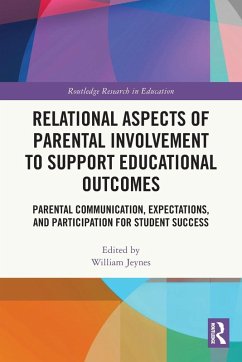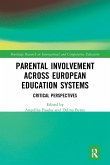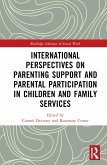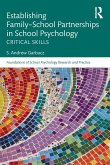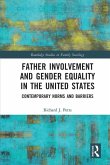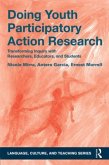Offering contributions from international leaders in the field, this volume builds on empirically informed meta-analyses to foreground relationship-based aspects of parental involvement in children's education and learning.
Chapters explore how factors including parent-child communication, cultural and parental expectations, as well as communication with a child's teacher and school can impact educational outcomes. By focusing on relationships between parents, teachers, and students, chapter authors offer a nuanced picture of parental involvement in children's education and learning. Considering variation across countries, educational and non-educational contexts, and challenges posed by parental absence and home schooling, the book offers key insights into how parents, schools, communities, and educators can best support future generations.
Using multiple forms of research from the relational perspective, this volume will be of interest to students, scholars, and researchers with an interest in educational psychology as well as child development.
Chapters explore how factors including parent-child communication, cultural and parental expectations, as well as communication with a child's teacher and school can impact educational outcomes. By focusing on relationships between parents, teachers, and students, chapter authors offer a nuanced picture of parental involvement in children's education and learning. Considering variation across countries, educational and non-educational contexts, and challenges posed by parental absence and home schooling, the book offers key insights into how parents, schools, communities, and educators can best support future generations.
Using multiple forms of research from the relational perspective, this volume will be of interest to students, scholars, and researchers with an interest in educational psychology as well as child development.

